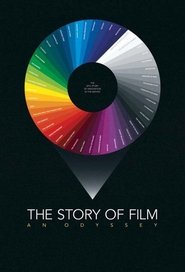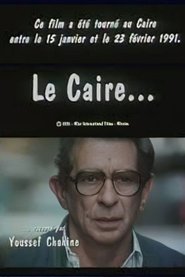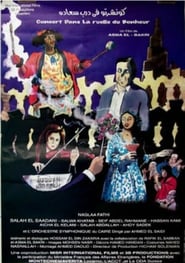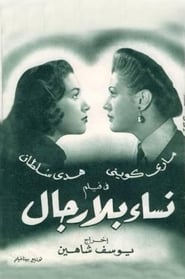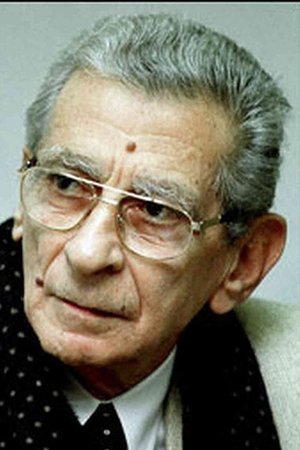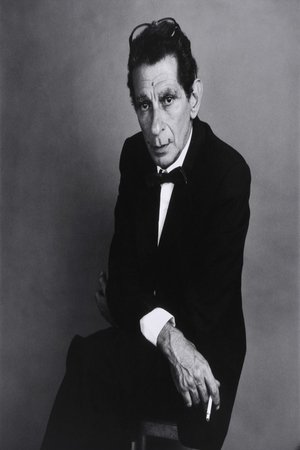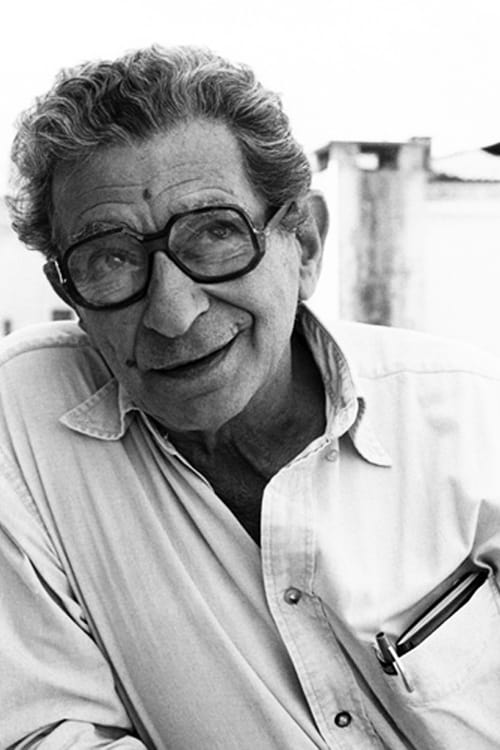
Youssef Chahine
Youssef Chahine (born in Alexandria, Egypt, 1926) started studying in a friars' school and then turned to Victoria College until High School Certificate. After one year at the University of Alexandria, he moved to the U.S. and spent two years at the Pasadena Play House, taking courses on film and dramatic arts. After coming back to Egypt, cinematographer Alevise Orfanelli helped him into the film business. His film debut was Baba Amin (1950): one year later, with Son of the Nile (1951) he was first invited to the Cannes Film festival. In 1970, he was awarded a Golden Tanit at the Carthage Festival. With Le moineau (1973), he directed the first Egypt-Algeria co-production. He won a Silver Bear in Berlin for Alexandria... Why? (1979), the first installment in what proved to be an autobiographic trilogy, completed with Hadduta Masriya (1982)(An Egyptian Story (1982)) and Alexandria: Again and Forever (1989).
In 1992, Jacques Lassalle proposed him to stage a piece of his choice for Comédie Française: Chahine chose to adapt Albert Camus' "Caligula," which proved hugely successful. The same year he started writing The Emigrant (1994), a story inspired by the Biblical character of Joseph, son of Jacob. This had long been a dream project, and he finally got to shoot it in 1994. In 1997, 46 years and 5 invitations later, he was again selected Hors Competition in Cannes with Destiny (1997).
Known For
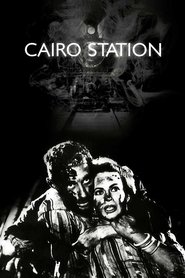
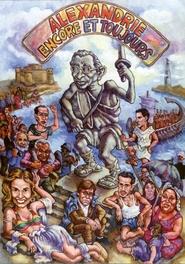
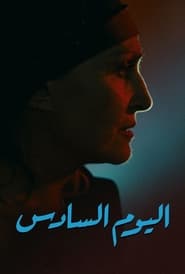
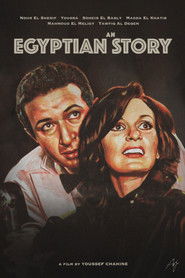
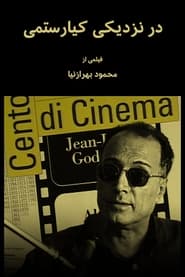
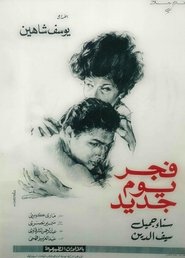
Credits
-
Let's Talk 2019Self (archive footage)★ 5
-
Into Studio Masr 2019Self★ NR
-
Self★ 7.6
-
Ouija 2006★ 4.6
-
Self★ NR
-
as Self★ NR
-
★ NR
-
Self★ 6.8
-
Yehia Eskendarany / Marc Antoine / Sostratus / Hephaestion★ 4.7
-
Trio 1987Self★ NR
-
Arab Camera 1987Self★ 5.7
-
The Sixth Day 1986Rafah★ 4.8
-
An Egyptian Story 1982Old Yehia★ 6.3
-
Cinématon XIV 1981N°133★ NR
-
Dawn of a New Day 1964Hamada★ 7
-
★ 7.5
-
Cairo Station 1958Qinawi★ 7.4
-
Women Without Men 1953★ NR
